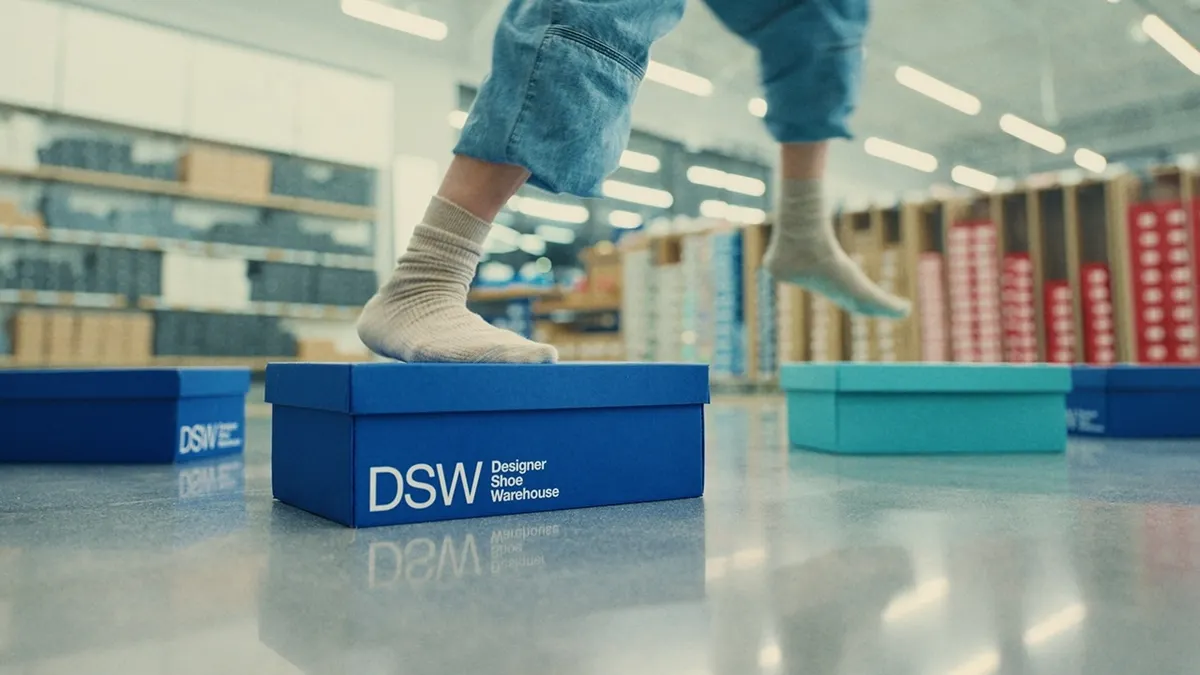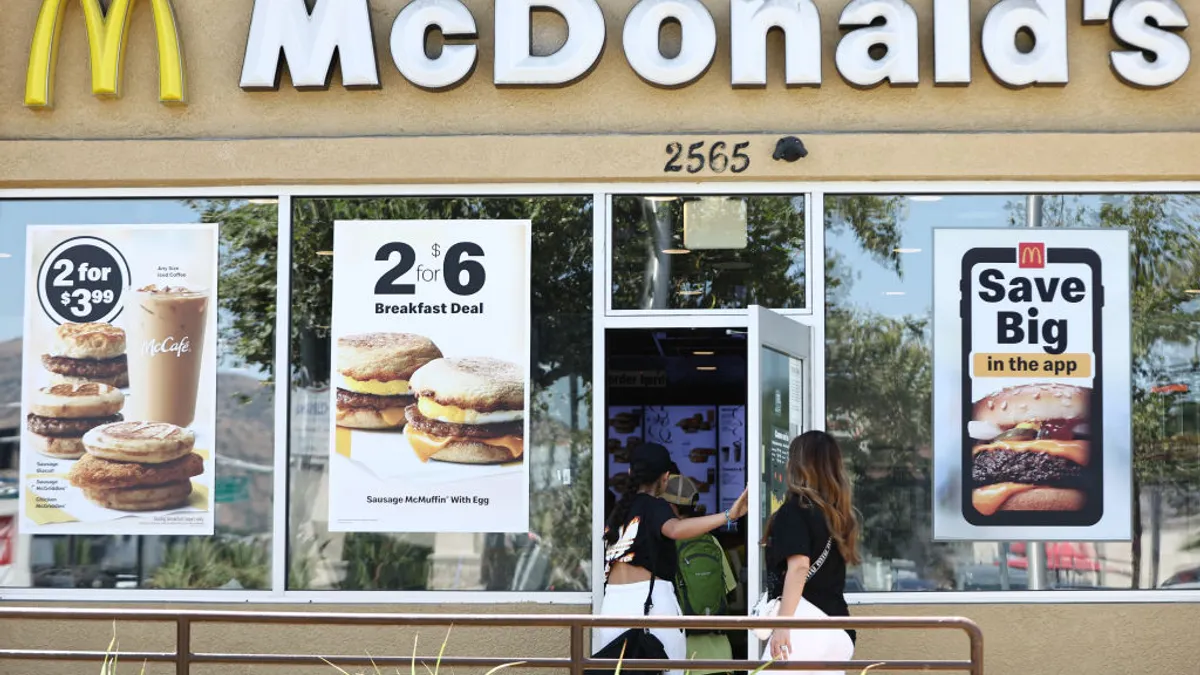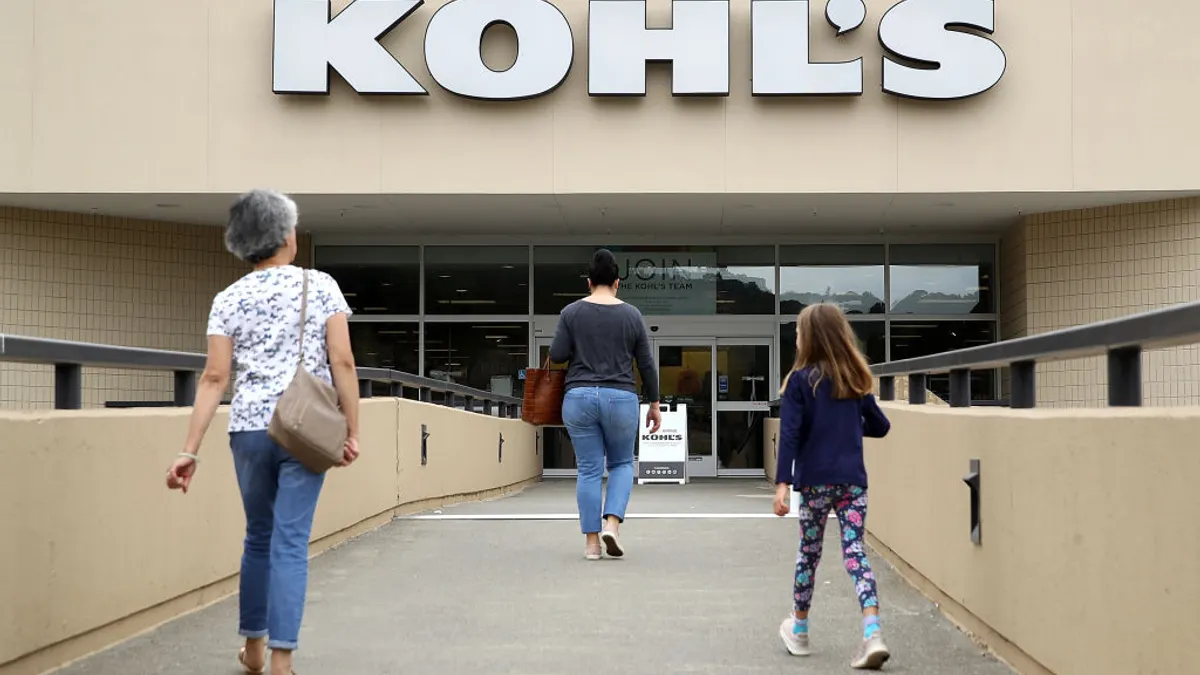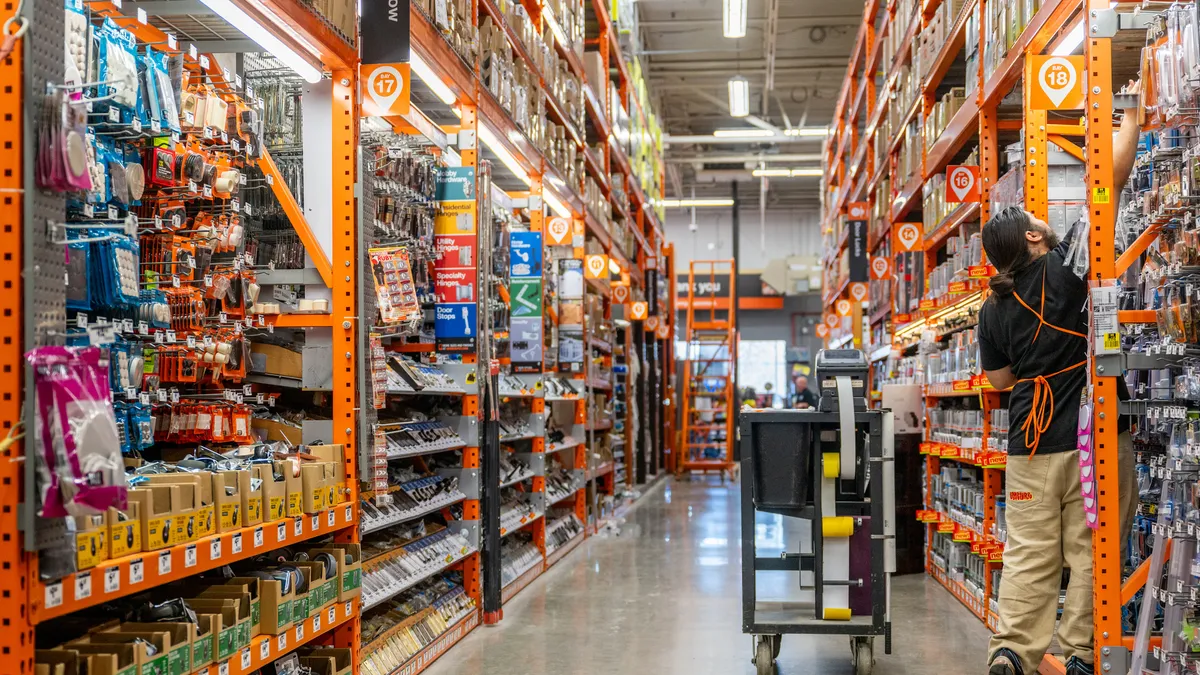The tariffs President Donald Trump announced on Wednesday don’t just affect the economy, they affect customer experience, too. CX leaders will need to adjust their efforts to keep up with the changing needs of price-conscious consumers.
The new White House policy includes a universal baseline tariff of 10% that takes effect April 5, as well as higher individual tariffs on countries with which the U.S. has the highest trade deficits starting April 9. Reciprocal tariffs on certain countries and regions go even higher, including 34% for goods from China and 20% for goods from the European Union.
Consumer sentiment is already declining in anticipation of rising price tags, and companies are working hard to maintain loyalty. Some businesses may be able to absorb rising costs rather than pass them onto customers, but many will need to charge more. Great experiences can help companies prove their value to customers more reluctant to spend.
CX Dive spoke to industry experts on how the proposed tariffs could affect the role of experience and what leaders can do to help customers navigate the fallout.
Judy Weader, principal analyst at Forrester
CX leaders have both internal and external roles to play as they help their organizations and customers navigate these interesting times, according to Judy Weader, principal analyst at Forrester.
“From an internal-facing perspective, CX leaders should either have or pull together any information that supports understanding customers’ current and potential future economic challenges,” Weader said in an email. “CX leaders can use their internal network and data to determine and explain the impacts of price increases, product availability disruptions, etc. on their customers.”
In their external role, CX leaders should work across product, marketing, sales and customer service teams to make sure that the company’s products and interactions with customers are “consistent, relevant and respectful of customers’ context,” Weader said.
“For example, my car dealership emailed me the other day — in advance of the new tariffs being announced — to show the timeline for purchasing a new car before then-anticipated tariffs would kick in,” she said. “They also explained that although their cars are manufactured in the U.S., the parts that come from outside of the U.S. would be subject to tariffs and would raise the price of their vehicles. It was a little extra wording, but if I were on the fence about buying a car right now, that explanation would’ve encouraged me to head out that day to look at a car versus waiting until next week.”
Maureen Burns, partner and leader in the customer practice at Bain & Company
While absorbing cost increases is the most customer-friendly approach a business can take, that’s not always possible, according to Maureen Burns, partner and leader in the customer practice at Bain & Company.
Regardless of how much a business passes onto its customers or takes onto itself, CX leaders can benefit from a sympathetic message.
“What will be important is transparency and a feeling of ‘we are in this together,’” Burns said. “We suspect the most customer-centric companies will absorb some of the increase. They should be open about this and let their customers know they are feeling the pain, too.”
CX teams also have a chance to create shopping experiences that highlight value for shoppers, according to Burns. Recommending lower price, private-label products or running specials on necessities can help consumers save money while bolstering their relationship with the business.
Jon Picoult, founder and principal of Watermark Consulting
CX leaders can take three steps in response to tariffs and consumer fallout, according to Jon Picoult, founder and principal of Watermark Consulting. The process begins with accentuating value to customers, reevaluating what’s relevant to customers, and looking for expense-saving improvements.
“Even if yours is a business that doesn’t raise prices, your customer will be feeling financial strain from all the others who are,” Picoult said. “So, whether your company is raising prices or not, CX leaders would be wise to accentuate the value of their offering in various forms of customer messaging.”
Consumers’ concerns are also likely to change, and CX leaders should be responding in turn.
“During periods of economic dislocation — triggered by things like new tariffs, recessions, or surges in unemployment — it’s important for every company to reevaluate what’s most relevant to their current and prospective customers. What was important to those constituencies last week may have little relevance today,” he said. “Those mindset shifts represent opportunities to adjust the customer experience, sometimes in very subtle ways, so it will resonate more strongly with your target clientele, given where their heads are post-dislocation.”
CX leaders will likely be under pressure from executives, too.
“There will be belt-tightening and there will be even more scrutiny around CX investments,” Picoult said. “For this reason, CX leaders should look at their portfolio of current [or] planned projects and consider some reprioritization that elevates expense-saving CX improvements over revenue-enhancing ones.”
Mario Matulich, president of Customer Management Practice
Customers always scrutinize the brands they frequent when faced with macroeconomic challenges, according to Mario Matulich, president of Customer Management Practice. This can present an opportunity for companies with a customer-centric mindset.
“Customer experience as a differentiator is the closest any brand can get to recession proof,” Matulich said.
Consumers flock to brands who put them first, even during uncertain times, according to Matulich. Conversely, brands seen as unfriendly to customers are the ones that lose patrons.
“When customers decide to buy less, they eliminate the brands that fail to deliver on their expectations,” Matulich said. “The brands exceeding expectations remain and win time and time again… in good times and bad.”
Jeff Mango, U.S. customer experience and engagement leader at KPMG
Transparency will be key for CX leaders as tariffs hit, according to Jeff Mango, U.S. customer experience and engagement leader at KPMG.
"While no one has all the answers, clear and proactive communication is essential,” Mango said.
This is particularly important when it comes to the inevitable pricing changes, according to Mango. Leaders need to keep customers in the loop as brands review their prices no matter how a given shopper prefers to interact with the business.
“Ensure your brand stays trustworthy by delivering transparency across every channel,” Mango said.




















